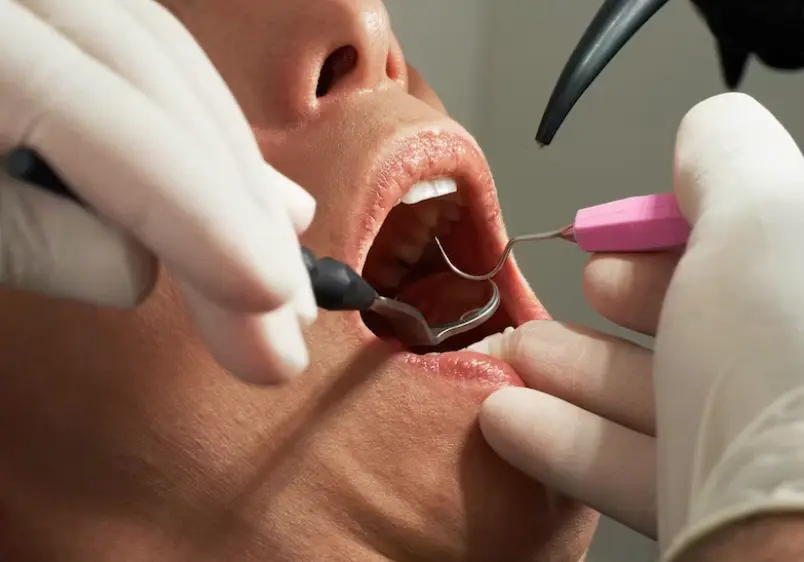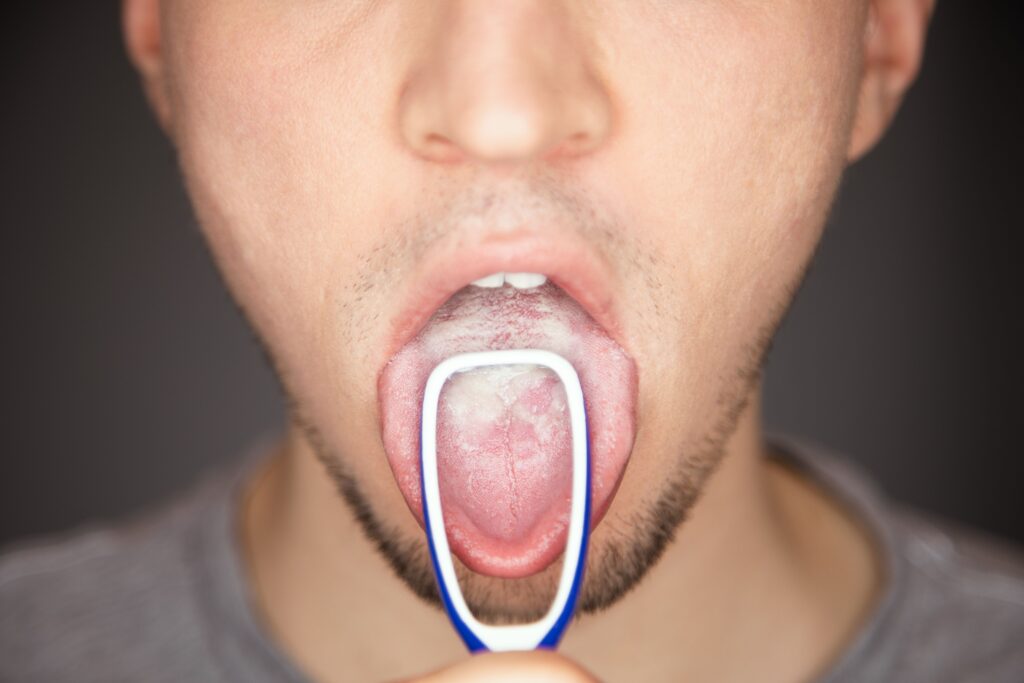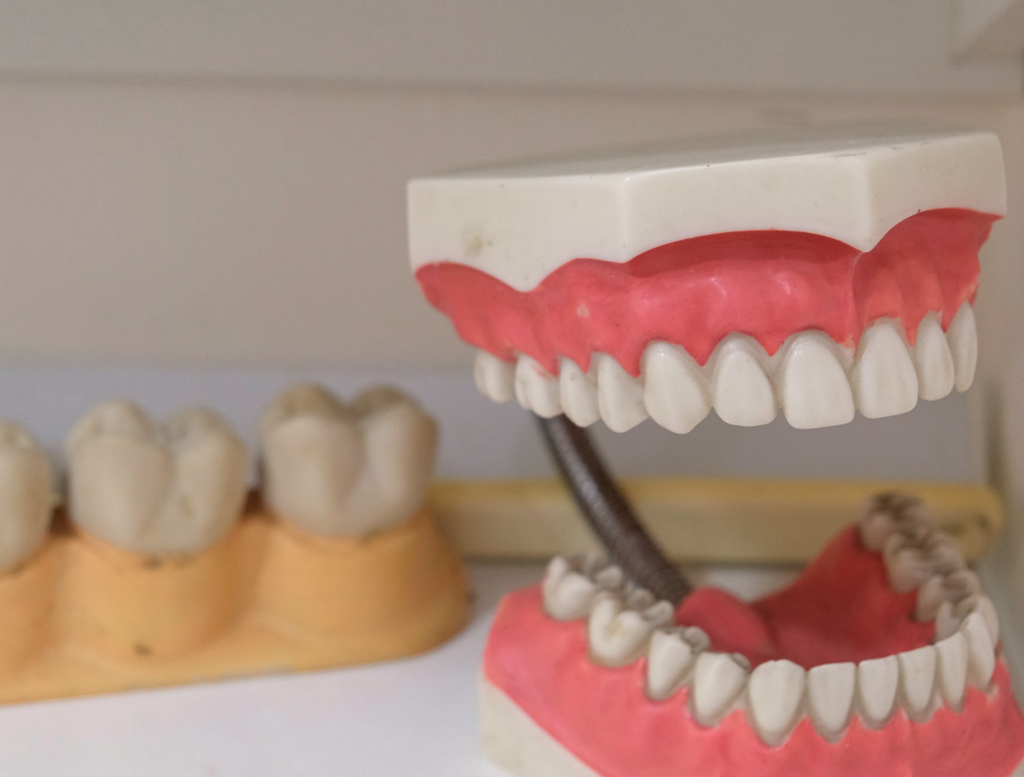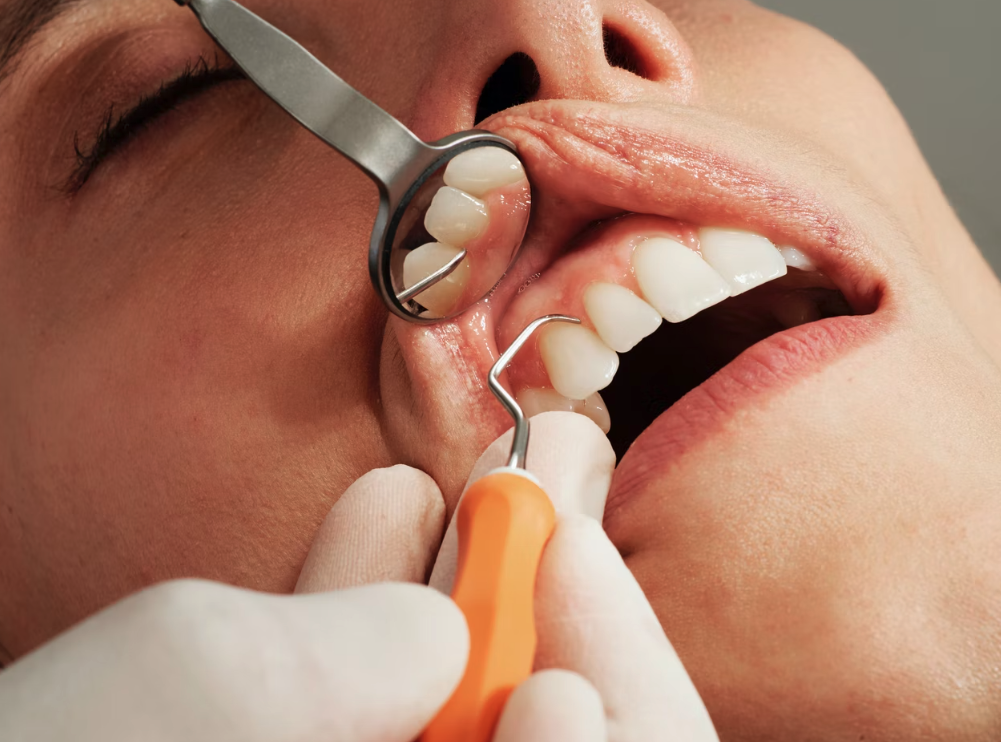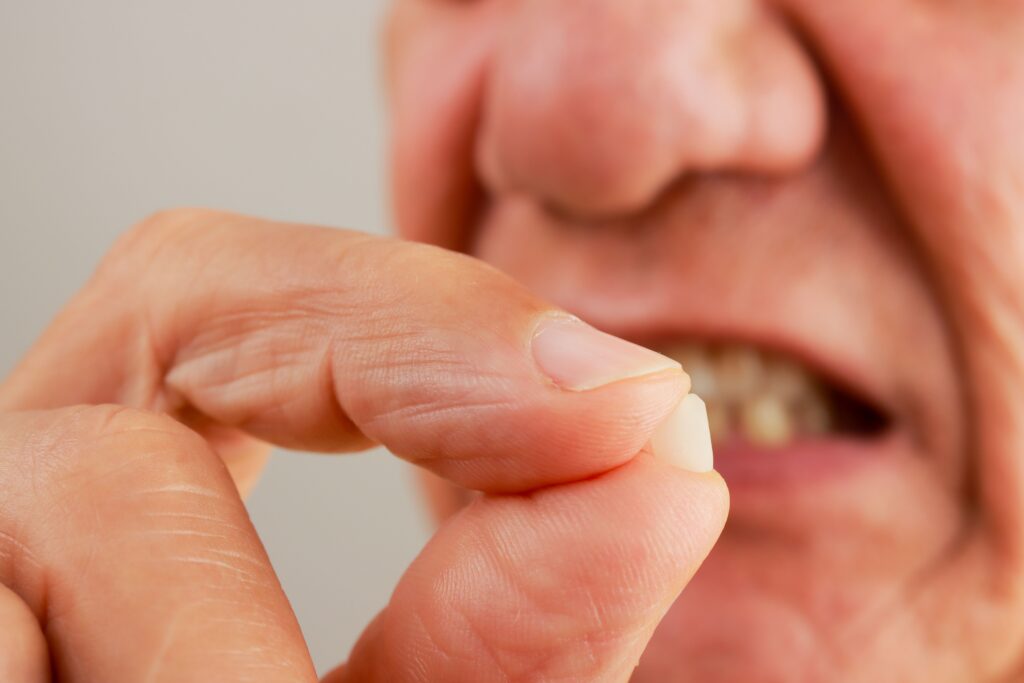Many people worry about waking up one day and finding a cavity in their teeth. But can cavities really appear overnight? Understanding how cavities form and develop can help answer this question and ease your concerns.
Can Cavities Suddenly Appear?
Cavities do not suddenly appear overnight. They develop gradually over time due to the prolonged presence of bacteria and acids in the mouth. These bacteria feed on sugars from the food we eat and produce acids that attack the tooth enamel, the hard, protective outer layer of the tooth. This process, called demineralization, occurs slowly and often without noticeable symptoms in the early stages.
How Quickly Can a Cavity Develop?
The speed at which a cavity develops can vary based on several factors, including diet, oral hygiene, and individual susceptibility. Generally, it takes several months for a cavity to form. However, if you frequently consume sugary or acidic foods and drinks and do not practice good oral hygiene, the process can accelerate. In contrast, regular brushing, flossing, and using fluoride can slow down or even reverse early decay.
Can a Cavity Form in One Day?
A cavity cannot form in just one day. The process of cavity formation is gradual and requires the continuous action of acids on the tooth enamel. While you can’t develop a full-blown cavity in a single day, it’s still possible for plaque to start building up on your teeth if you neglect brushing and flossing even for a short period. This buildup can lead to demineralization, which is the first step toward cavity formation.
What Does a Very Early Cavity Look Like?
In its earliest stages, a cavity can be difficult to detect without a dentist’s help. Initially, you might notice a white spot on your tooth, indicating an area where minerals have been lost from the enamel. This stage is known as demineralization. At this point, the cavity can still be reversed with proper oral hygiene and fluoride treatments. If the decay progresses, the spot may turn brown or black, signaling that the enamel is further breaking down and the cavity is becoming more serious.
Can a Cavity Go Away with Brushing?
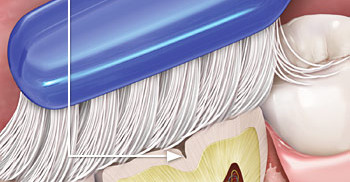
Early stages of tooth decay can sometimes be reversed with proper brushing, especially if you catch the decay at the demineralization stage. Using fluoride toothpaste can help remineralize the enamel and repair small areas of damage. Here’s how you can help prevent a cavity from developing further:
- Brush Twice Daily: Use fluoride toothpaste and make sure to brush all surfaces of your teeth.
- Floss Daily: Flossing removes food particles and plaque from between teeth where a toothbrush might not reach.
- Use Mouthwash: An antibacterial mouthwash can help reduce the bacteria in your mouth, preventing further decay.
- Limit Sugary Foods and Drinks: Reducing your intake of sugary and acidic foods can lessen the amount of acid that attacks your enamel.
- Regular Dental Check-Ups: Visiting the dentist regularly can help catch and treat early signs of cavities before they become serious.
Conclusion
Cavities do not appear overnight; they develop over time due to the continuous action of acids on tooth enamel. While a cavity cannot form in a single day, neglecting oral hygiene even for a short period can start the process of plaque buildup and demineralization. Early cavities may appear as white spots on your teeth, and at this stage, they can sometimes be reversed with good brushing, flossing, and fluoride treatments.
By maintaining a consistent oral hygiene routine and visiting your dentist regularly, you can help prevent cavities from forming and keep your teeth healthy. Remember, good dental habits today can save you from the discomfort and expense of treating cavities in the future.


